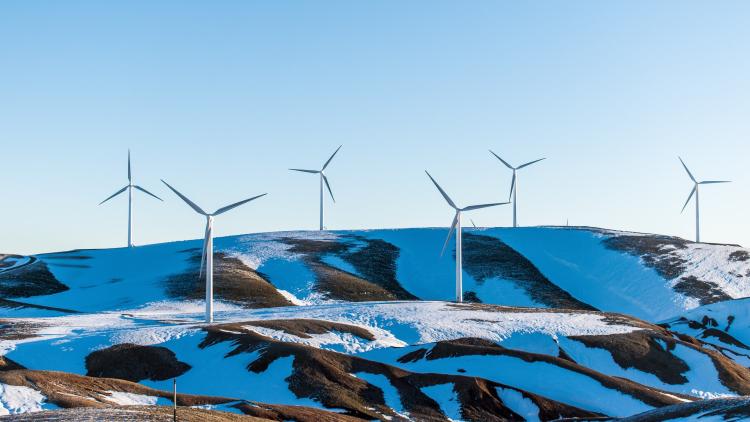Water Justice: Rights, Access and Movements (Development Studies)

Key information
- Status
- Module not running
- Module code
- 15PDSH041
- FHEQ Level
- 7
- Credits
- 15
- Department
- Department of Development Studies
Module overview
IMPORTANT:
Development Studies students who wish to take this jointly taught module in 2023/24 should choose this module offered by the Law department (which is the same module listed under a different code). The Development Studies module code does not apply in 2023/24.
- - - - - -
This module examines ‘water justice’ in the global South from a combined Development Studies and Law perspective. The three main themes in the course are water rights/right to water, the modalities of access to water, and social movements on water issues. The course discusses examples from Asia, Africa and Latin America, and selected examples from the global North. The module, together with its companion module in term 2 ( Water and Development: Commodification, Ecology andGlobalisation ), seeks to provide students with a broad understanding of the multi-faceted issuesarising in the water sector from the local to the international level. The module is jointly taught by the Development Studies and Law departments (professors Peter Mollinga and Philippe Cullet).
Objectives and learning outcomes of the module
At the end of the module, a student should be able to demonstrate the ability to understand and
analyse issues concerning water justice, water law, and water governance from a broad perspective encompassing their economic, socio-political and environmental dimensions. Students will acquire knowledge of the basic concepts and principles underlying the governance, regulatory reform, management and conservation of water in the global South, focusing on national, regional examples in the international context in which governance evolves.
Workload
Teaching takes place through a weekly 2 hour lecture.
Scope and syllabus
Rights: The first part of the module introduces the notion of water justice and elaborates water law by looking at water rights and the human right to water. It distinguishes between sovereign rights,
individual use rights and common heritage. It elaborates on the globally adopted ‘human right to
water, and discusses the ‘right to sanitation’ in that context. Lastly, recent ideas on ‘river rights’ are discussed.
Access: The second part of the course focuses on access relations, or ‘distributive justice’, in different domains of water use, management and governance (irrigation, watershed management) and from different angles (gender relations, depoliticization).
Movements: The third part of the module focuses on social movements pursuing ‘water justice’,
including social movements opposing large dam building and movements opposing the privatisation
urban water privatisation. The module is concluded by revisiting the notion of water justice.
Method of assessment
100% coursework. Each student will be expected to submit one essay worth 70% and a book review worth 30% of the final grade. Resubmission of coursework regulations apply.
Suggested reading
Ken Conca & Erika Weinthal eds, Oxford Handbook of Water Politics and Policy (Oxford University Press, 2018).
Elizabeth Jane Macpherson, Indigenous Water Rights in Law and Regulation: Lessons from
Comparative Experience (Cambridge University Press, 2019).
Bronwen Morgan, Water on Tap: Rights and Regulations in the Transnational Governance of Urban
Water Services (Cambridge University Press, 2011).
Alistair Rieu-Clarke, Andrew Allan, Sarah Hendry eds, Routledge Handbook of Water Law and
Policy (Routledge, 2019).
Farhana Sultana & Alex Loftus eds, Water Politics – Governance, Justice and the Right to
Water (Routledge, 2019).
Disclaimer
Important notice regarding changes to programmes and modules


